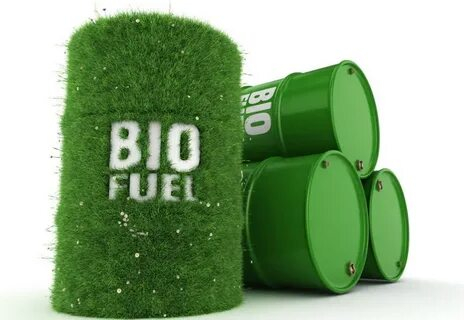"Most often, the attention of the MSW processors is focused on the allocation of secondary raw materials. But after sorting, there are components in their composition that can become an energy resource, like paper, polymers, wood, and textiles. From 65 to 93 percent of the waste that can be successfully recycled is sent to landfills today. In particular, food and plant waste make up 25 to 40 percent of the total volume of MSW, and the greenhouse effect from their decomposition at disposal sites is 21 to 25 times higher than from thermal disposal. We have proposed a technology that can reduce methane emissions and reduce the consumption of traditional fuel", says Stepan Polygalov, Associate Professor of the Department of Environmental Protection at Perm Polytech University, junior researcher at the Laboratory of Rational Nature Management and Nature-Like Technologies, Candidate of Technical Sciences.
Unlike its analogues, the technology of Perm ecologists provides a more complete recycling of waste, reducing their amount by 30%. The new technology makes it possible to sort out all dangerous components, including polyvinyl chloride plastic and batteries. Therefore, in the future, solid biofuels can be used without additional preparation: during combustion, it practically has no effect on the environment.
Scientists of Perm Polytech University proposed to divide the flow of MSW into small (up to 80mm) and large fractions, which are then sorted separately. Secondary raw materials and plastic are isolated from a large fraction for processing, and then biogenic components are selected that will become the basis for biofuels: food and vegetable waste, waste paper, natural fabrics, wood. They are crushed to 40mm and dried. The fine fraction is divided into two more parts: 20 to 80 mm and 0 to 20 mm. From the first, biogenic waste is isolated and dried, and in the second, ballast and hazardous materials, for example, batteries, turn out to be. They are sent for neutralization, disposal or burial.
The finished biofuel is a crushed homogeneous product. It can be used both separately and as part of the main fuel in energy-intensive technological processes that use solid natural fuel as a resource. The development will be useful for implementation at thermal power plants, in cement production and metallurgy. According to scientists, biofuels will be able to become a resource with zero cost, and in terms of its characteristics it is not inferior to traditional fuel. This type of solid fuel is considered carbon-neutral, unlike fossil hydrocarbon energy resources.
"Our technology will make it possible to maximize the resource potential of waste in order to reduce their disposal and reduce the negative impact on the environment. In addition, it meets the criteria of carbon neutrality and has minimal impact on the climate. The processing of biogenic waste is a nature-like approach: in the process, those substances are formed that traditionally enter the environment as a result of natural cycles", explains Vladimir Korotaev, the scientific supervisor of the developer, Vice-Rector for Science and Innovation, Doctor of Technical Sciences and Professor of the Perm Polytech University.






